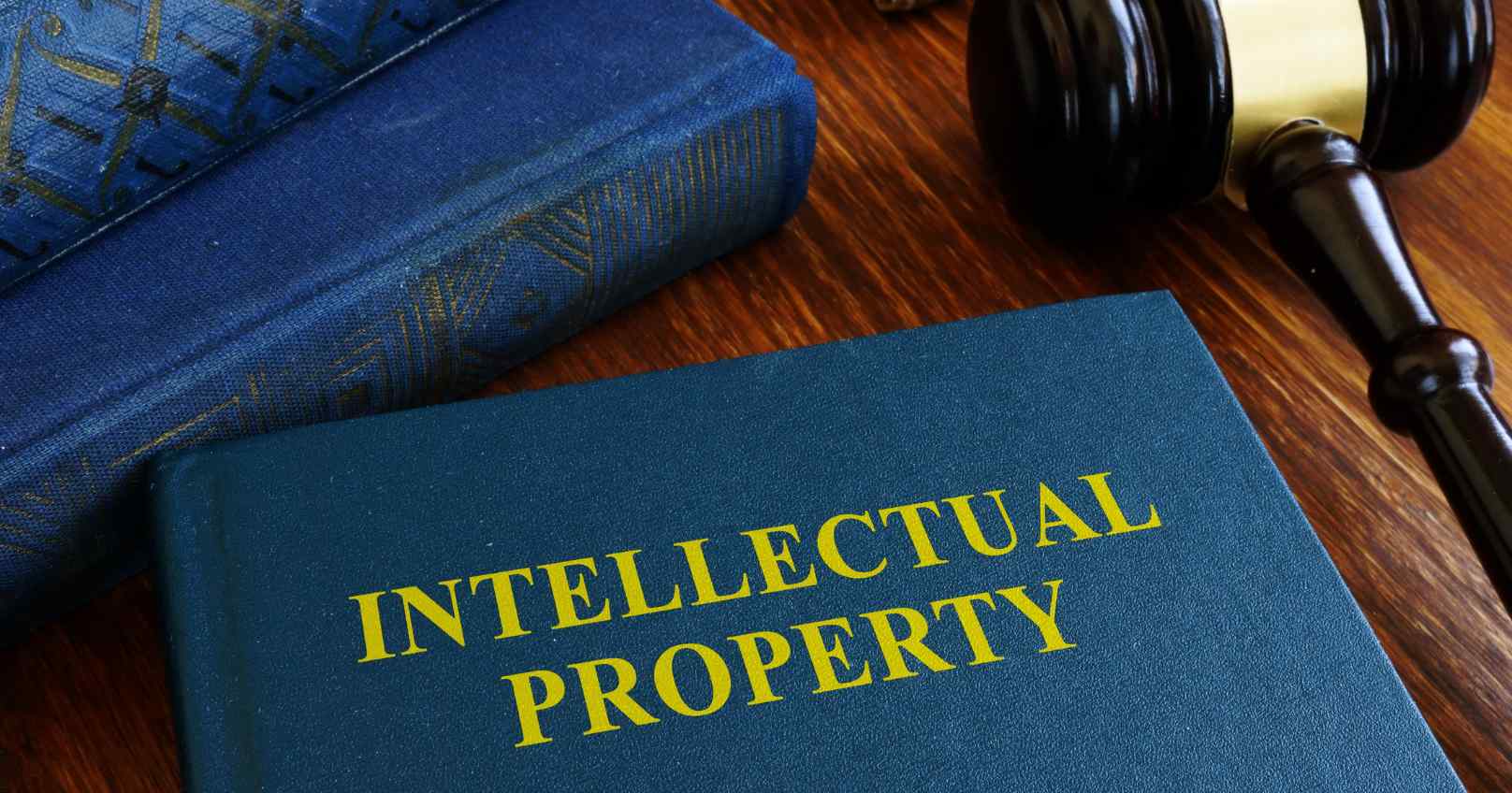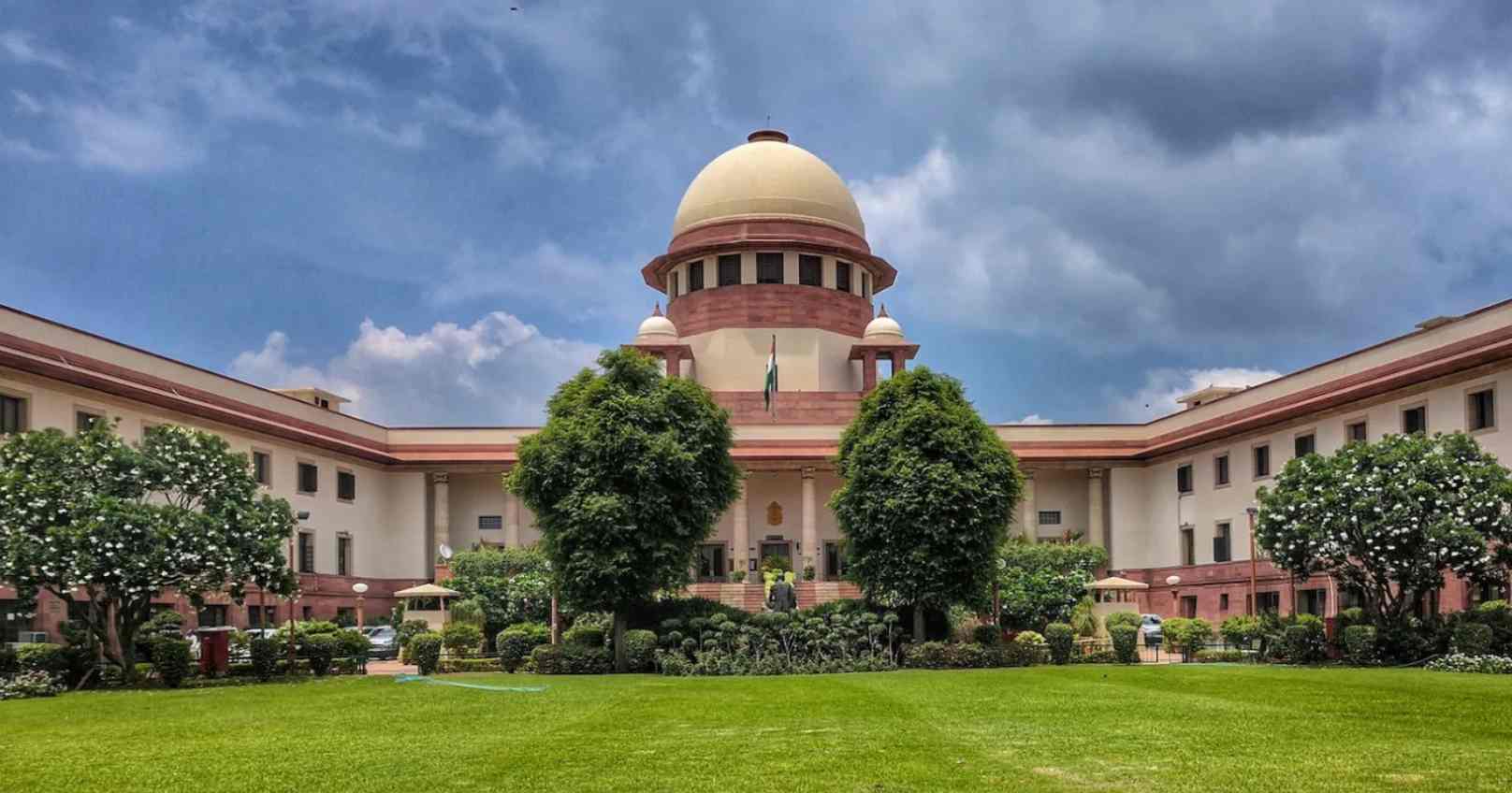The Ministry of Commerce and Industry notified on 26th July 2024 that the provisions of Jan Vishwas were amended and came into force on 1st August 2024. The bill was passed by parliament last year, specifying the amendments to the intellectual property laws. The objective of the Act is to decriminalize and ease the business process in India by removing certain offenses. The amendments were made to the Copyright Act of 1957, the Patents Act of 1970, the Trade Marks Act of 1999, and the Geographical Indications Act of 1999. It aims to ensure that citizens, businesses, and government departments can operate without the looming threat of imprisonment for minor, technical, or procedural defaults. This legislative effort emphasizes that the nature of penal consequences should be proportionate to the severity of the offense committed. By balancing the seriousness of violations and the corresponding punishments, the Act seeks to maintain legal rigor while promoting adherence to the law by both businesses and citizens. Furthermore, the Act addresses the inefficiencies within the justice delivery system by proposing amendments that introduce suitable administrative adjudication mechanisms for technical and procedural lapses.
The Jan Vishwas Act 2023 (Amendment)
The Jan Vishwas Act 2023 is the foundation for bringing ease of doing business in India. Its objective is to reduce compliance with the rules. This will help the businesspersons to carry on their businesses without the fear of imprisonment for minor offenses. The Act has amended 42 acts. These include the Public Liability Insurance Act of 1991, the Patents Act of 1970, the Indian Post Act of 1898, etc. The 2023 Act has brought amendments to various intellectual property rights provisions that relate to trademarks, geographical indications, copyright laws, and patents. These have come into effect from 1st August 2024 via the Ministry of Commerce and Industry notifications. The Jan Vishwas Amendment Act represents a significant step toward rationalizing criminal provisions within India's legal framework.
Major Amended Provisions of Intellectual Property Rights Under the Act
1. The Patents Act, 1970:
- Section 120 of the Act, which earlier allowed for a fine up to one lakh rupees for false representation of an article, has been substituted with a penalty extending up to ten lakh rupees and a further penalty of one thousand rupees for a continuing claim.
- Section 121 regarding the wrongful use of words for the "patent office" has been omitted.
- Section 122(2) concerning refusal or failure to supply information has been revised. The punishment of imprisonment has been replaced with a penalty extending to five lakh rupees. A further penalty of one thousand rupees per day will apply if the default continues.
- Section 123 has seen its penalty stretched to five lakh rupees, with an additional penalty of one thousand rupees per day if the default continues.
- Section 124 of the Act, related to offenses by companies, has been amended to include Section 124(A) for "Adjudication of Penalties," where the controller may authorize an officer to hold an inquiry and impose a penalty.
- Section 124(B) has been added to allow the aggrieved person to appeal before the appellate authority.
2. The Trade Marks Act, 1999:
- Section 106 of the Trade Marks Act, concerning the penalty for removing piece goods, has been omitted.
- Section 107(2) now decriminalizes the offense of falsely representing a trademark as registered. The penalty for this is now either 0.5% of the turnover or five lakh rupees, whichever is less.
- Sections 108 and 109, concerning penalties for improperly describing a place of business and falsification of entries in the register, have been omitted.
- Section 112A introduces the "Adjudication of Penalties," where the Registrar may authorize an officer to impose penalties.
- Section 112B allows for appeals by the aggrieved party before the appellate authority.
- The amendment under Section 140(3) has decriminalized the offense of failing to provide information on imported goods that bear false trademarks. The penalty is now ten thousand rupees.
3. The Copyright Act, 1957:
- Section 68 of the Copyright Act, which dealt with penalties for making false statements, has been omitted.
4. Geographical Indications of Goods:
- Section 37A introduces the "Adjudication of Penalties," allowing the Registrar to authorize an officer to hold inquiries and impose penalties.
- Section 37B allows for appeals before the appellate authority.
- Section 42(2) decriminalizes the offense of falsely representing a geographical indication as registered. The penalty is now either 0.5% of total sales or five lakh rupees, whichever is less.
- Penalties for improperly describing a place of business and falsification of entries in the register under Sections 43 and 44 have been omitted.
- Two new clauses have been added in Section 87(2), enabling the Central Government to make rules for inquiries and appeals under Sections 37A and 37B.
Critical Analysis and Future Implications
The recent modifications to various intellectual property statutes under the Jan Vishwas (Amendment of Provisions) Act, 2023, present a blend of both advantageous and disadvantageous outcomes.
The Patents Act of 1970 has undergone significant revisions, particularly with the increase in penalties under Sections 120 and 123. This escalation is expected to serve as a stronger deterrent against patent infringements, encouraging greater compliance with patent regulations. Additionally, removing imprisonment for non-compliance under Section 122(2) is a positive step towards reducing the criminalization of administrative infractions, promoting a more business-friendly regulatory environment. The introduction of adjudicating officers under Sections 124(A) and 124(B) is likely to enhance administrative efficiency by enabling quicker resolution of disputes, which could also alleviate some of the burdens on the judiciary. However, the effectiveness of these amendments hinges on the implementation of robust enforcement mechanisms. Without solid oversight, the increased fines may not achieve the desired deterrent effect. Moreover, the omission of Section 121, which penalized the wrongful use of terms such as "patent office," could lead to misuse and confusion, particularly among the general public and smaller businesses.
In the Trade Marks Act 1999, decriminalizing certain offenses under Sections 107(2) and 140(3) is expected to create a more business-friendly regulatory environment, encouraging innovation and economic growth. Introducing adjudicating officers under Sections 112A and 112B could streamline the process of resolving trademark disputes, helping to reduce the backlog in courts. However, some concerns remain regarding the removal of penalties for violations under Sections 108 and 109, which might reduce the deterrent effect, potentially leading to an increase in such offenses. Additionally, the decriminalization of falsely representing a trademark as registered could be exploited by unethical individuals, especially if the financial penalties are not significant enough to deter larger corporations.
The Copyright Act 1957 has been simplified by removing Section 68, which dealt with penalties for making false statements intended to deceive or influence authorities. This change will likely streamline the legal framework by focusing enforcement efforts on more significant copyright infringements rather than administrative misrepresentations. However, this modification could weaken the overall protection of copyright, making it easier for individuals to mislead authorities without severe consequences.
Finally, the Geographical Indications of Goods (Registration and Protection) Act, 1999, has seen the introduction of adjudicating officers under Sections 37A and 37B, which could improve the efficiency of resolving disputes related to geographical indications. The decriminalization under Section 42(2) may encourage more businesses to register and protect their geographical indications without the fear of harsh criminal penalties. However, the absence of penalties for falsely representing a geographical indication could lead to misuse, particularly if the financial penalties are insufficient to serve as a deterrent. Additionally, removing provisions related to false descriptions and falsifications under Sections 43 and 44 may weaken the enforcement of geographical indication protections, potentially harming producers who rely on these safeguards to maintain the value of their goods.
Conclusion
In summary, the recent amendments to the Patents Act, Trade Marks Act, Copyright Act, and Geographical Indications of Goods Act represent a significant shift towards a more business-friendly and administratively efficient intellectual property regime. These changes aim to enhance compliance, reduce judicial workload, and foster innovation by increasing penalties, decriminalizing certain offenses, and introducing adjudicating officers. However, the success of these reforms depends heavily on the development of effective enforcement mechanisms. Without robust supervision, the intended deterrent effects might be compromised, leading to potential abuse and weakened protections, which could undermine the integrity of intellectual property rights in India. Therefore, while the amendments signify advancement in the legal framework, careful execution and vigilant enforcement are crucial for realizing their intended benefits.






